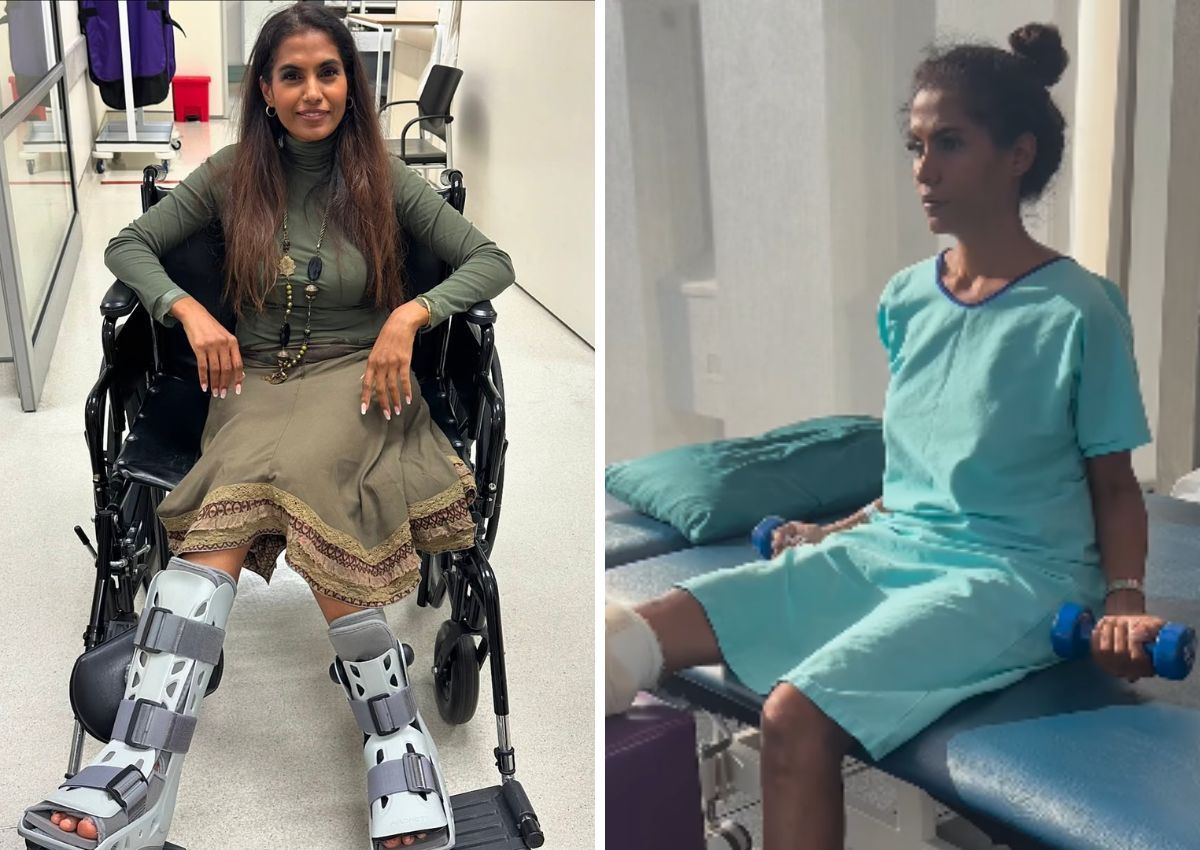Breast pain is common and can occur for many reasons. Some of these reasons are simple and not serious, while others might need more attention.
Let’s break it down further.
Breast pain, also known as mastalgia, is discomfort, tenderness, or pain in one or both breasts.
It’s a common issue for many women and can range from mild to severe. The pain can come and go, or it might be constant.
This type of pain is linked to your menstrual cycle. Hormone changes during your period can cause your breasts to feel tender, heavy, or achy. The pain usually happens in both breasts and might spread to your armpits. It often starts a week or two before your period and goes away after it ends.
Noncyclic breast pain isn’t related to your menstrual cycle. It can feel like a tight, burning, or sharp pain. This type of pain might happen in one breast or a specific area. Causes can include injury, previous surgery, or other breast conditions.
Sometimes, what feels like breast pain is actually coming from the muscles or bones in your chest. This can happen due to muscle strain, inflammation, or injury to the chest area.
Hormones play a big role in breast pain. Changes during puberty, pregnancy, breastfeeding, or menopause can all cause discomfort in your breasts.
An infection in the breast tissue, called mastitis, can cause pain, swelling, warmth, and redness. This is more common in women who are breastfeeding but can happen at other times too.
Fluid-filled sacs in the breast, known as cysts, can be tender or painful. They can vary in size and might feel like a lump when you touch them.
Some medicines can cause breast pain as a side effect. This includes certain hormone treatments, antidepressants, and heart medications.
Having large breasts can lead to pain due to the extra weight causing strain on the chest and back muscles.
When to see a doctor
You should consider seeing a doctor if:
- The pain doesn’t go away or gets worse over time.
- You find a new lump or change in your breast.
- There’s redness, swelling, or warmth in your breast.
- You have discharge from your nipple.
- The pain interferes with your daily activities.
